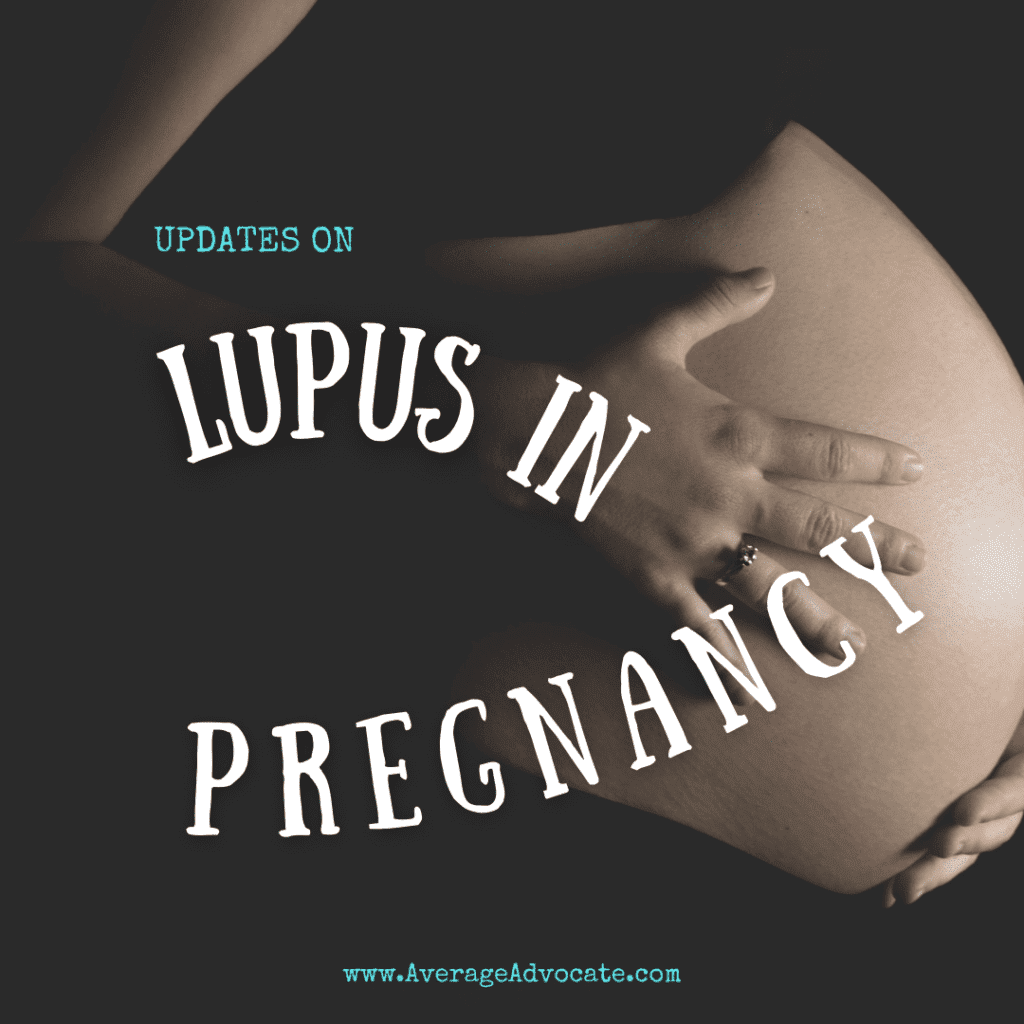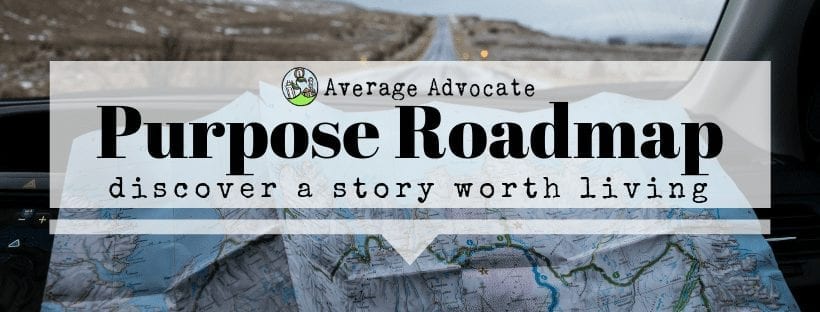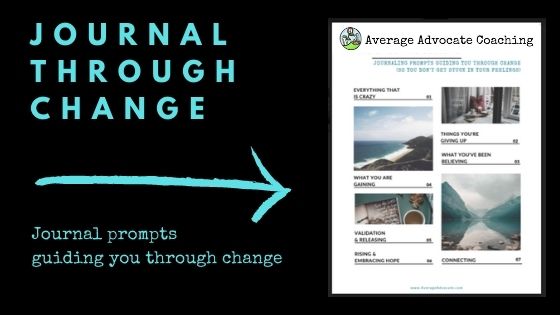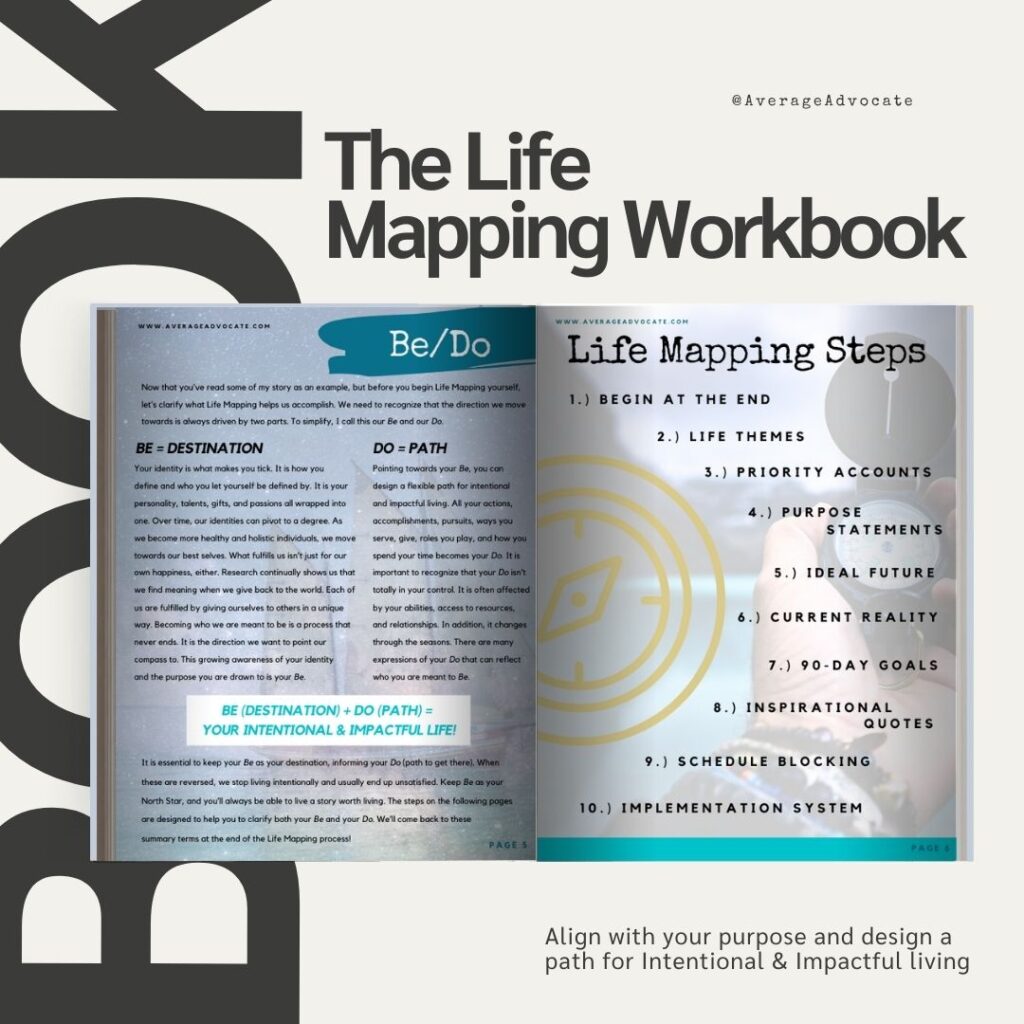“Well, I did tell you that if you continued this pregnancy, it would become your new part-time job,” my OB said with a smile. As I look at this week’s schedule, I’m really feeling that “new job that I didn’t want” thing.
(Note: the following was written a few weeks ago, but nothing has changed much. For example, this week I was supposed to go in for pregnancy checks and fetal monitoring five times–until they just admitted me at the end of the week.)
Time at Appointments
Over the next five days, I have ten health appointments to go to. Thankfully, four of these are at home: physical therapy and calls. Over the week I have an appointment for my kidneys, another for lupus, two are for labs, and three are for the baby and me. Some of these are in the birthing hospital triage center, where if it doesn’t go as well as they’d like, they can just admit me then and there. Fun, fun.
I’ll definitely have at least one phone meeting with my nurse advocate, who spends her time trying to navigate the health system, my care, and my insurance. Right now her main goal is to try to find ride services that don’t give me a lot of exposure to others’ sickness while dealing with liability.
Getting Rides
Rides are a real struggle in my new job–something the doctors seem to forget until I cancel an appointment. After all, this is my new job, not my husband’s (who is still juggling his own full-time job and a lot of extra household responsibilities). He can’t take me everywhere. Then, most of my friends work during the day or have little children to care for.
Privilege
Have I mentioned that managing health care can be a nightmare? And this is coming from someone who’s insurance is good, is educated and speaks English! In otherwords, I find this hard and I have all the privilege (except being currently disabled with an autoimmune disease and high-risk pregnancy).
Speaking of pregnancy, twelve weeks since I got this new job, my OB still seems surprised baby is healthy and well. I’ll take that as a sign we’ve got miracles going on that I can’t even begin to understand.
Lupus & Pregnancy
I’ve picked up that my slew of specialty doctors don’t usually (or have never) seen cases like mine, even among cases of lupus in pregnancy. Comparatively, “controlled lupus” during pregnancy seems to be such a chilled-out version of “high-risk” that it feels unfair. But, to their surprise, they can’t believe the baby is so healthy (even if I am not). Ever since we chose to move forward with this pregnancy, my nephrologist has just been waiting until the moment I deliver this baby to get to the real work. Meanwhile, the rheumatologist has been guessing on when a flare like mine will go away–one month? Two? Three? Longer? Who can say? Who can say if I’ll have another flare postpartum?
But honestly, my kidneys are currently stabilized and many of my lupus symptoms have gone down drastically. Besides edema, low energy, and off-and-on sickness from the medicines, I am doing fine.
These days it’s just the other factors of this new job that I find challenging. Let me tell you where some of these “working hours” go to.
Medicine and Blood Pressure
My new job includes a lot of medical management tasks. First, there are the medicines, their refills, and taking them at the right times. Not surprisingly, I was failing at this, so we had to take the time to create a system to manage meds.
Then there are the intermittent blood pressure tests. I don’t have to do those nearly as much as I used to, as often I am at a stable “higher than we’d prefer, but we guess that’s okay.” There are usually still a few times during the week it gets pretty high, where I have to really chill and watch it closely as it teeters on the edge. If it doesn’t come down within the hour, then I have to go back to the hospital.
Gestational Diabetes
Then there are the four daily blood sugar tests. I have to have all those little pieces: the lancets, the reader, the extra papers to drip blood on, the sharp container, and the log nearby. There have been a lot of difficulties calling back-and-forth to make sure I have the right supplies. Then there is doing it at the right times, and logging all my food and when I ate, etc…
Diets and Food
Speaking of, that is another part of this new job that requires a lot of energy. Managing two diets isn’t exactly easy. I am sure I don’t often meet the mark, which isn’t helped by how little I can stand/cook.
I’m getting used to both of them, but at first it felt tragic with how much they contradicted. The dietitian for the low-sodium diet recommends lots of fruit, low sodium grains, and very little dairy. The dietitian for the gestational diabetes tells me to avoid fruit all morning
and minimally through the day, eating lots of proteins like yogurts, cheeses and yet still pushing to have the right amount of carbs combined with the right amounts of fiber in certain grains and breads. Then there are the autoimmune diet recommendations on top of these–like my daily dose of pomogranate juice. But that doesn’t work with diabetes, so it switched to blueberries with a protein. At least I am not on therenal diet anymore, too!
Energy
But I can’t really complain. I might have an unwanted new job, but mentally I am at least 75% better. I can’t even tell you how grateful I am for that, even if my body doesn’t feel compatible with my brain.
Don’t get me wrong, though, I am still easily drained.
These days I can usually be present during each outing or conversation, but after I need recovery time. I might depleted for just an hour, but sometimes it is the rest of the day. For example, last week I walked 90 steps with my walker and physical therapist. I also did a set of reps for two other leg exercises. After she left, I fell asleep for three hours. I didn’t want to. But I guess my body did.
Growing Compassion
I’m going to leave it there, because there are just too many details of this new job of lupus and pregnancy that aren’t worth sharing right now. l often wish I didn’t have to quit my other jobs in exchange for this one. But I feel so thanksful that I was already positioned to survive within it. Let me explain.
There are a lot of people in a health crisis situation that don’t have what I have. They have similar challenges, but no insurance. They have no specialty doctors; no nurse advocate. They might not have any job flexibility either, needing to work to pay rent or feed their families. They have language barriers. They might have less education. Have they been taught how to navigate the systems of this country? They might have an autoimmune disease and no access to any vaccinations. I’m not even talking about the COVID vaccination so many people find controversial. I’m referring to the basics, like diphtheria, measles or tetanus. They might have biases against them because of their age, race, gender. They might be in a developing nation, hours or days from the nearest hospital. They might live under an oppressive system, be refugees, be in war, or under a famine.
On the other hand, they might be your next door neighbor and outwardly look just fine most days.
I write this because it is hard to grasp others’ experiences. Mine is hard enough to comprehend. Then add to that any of those other factors? I hope, by giving you a glimpse into this new job I didn’t want, your compassion will grow.
Mine undoubtedly has.











